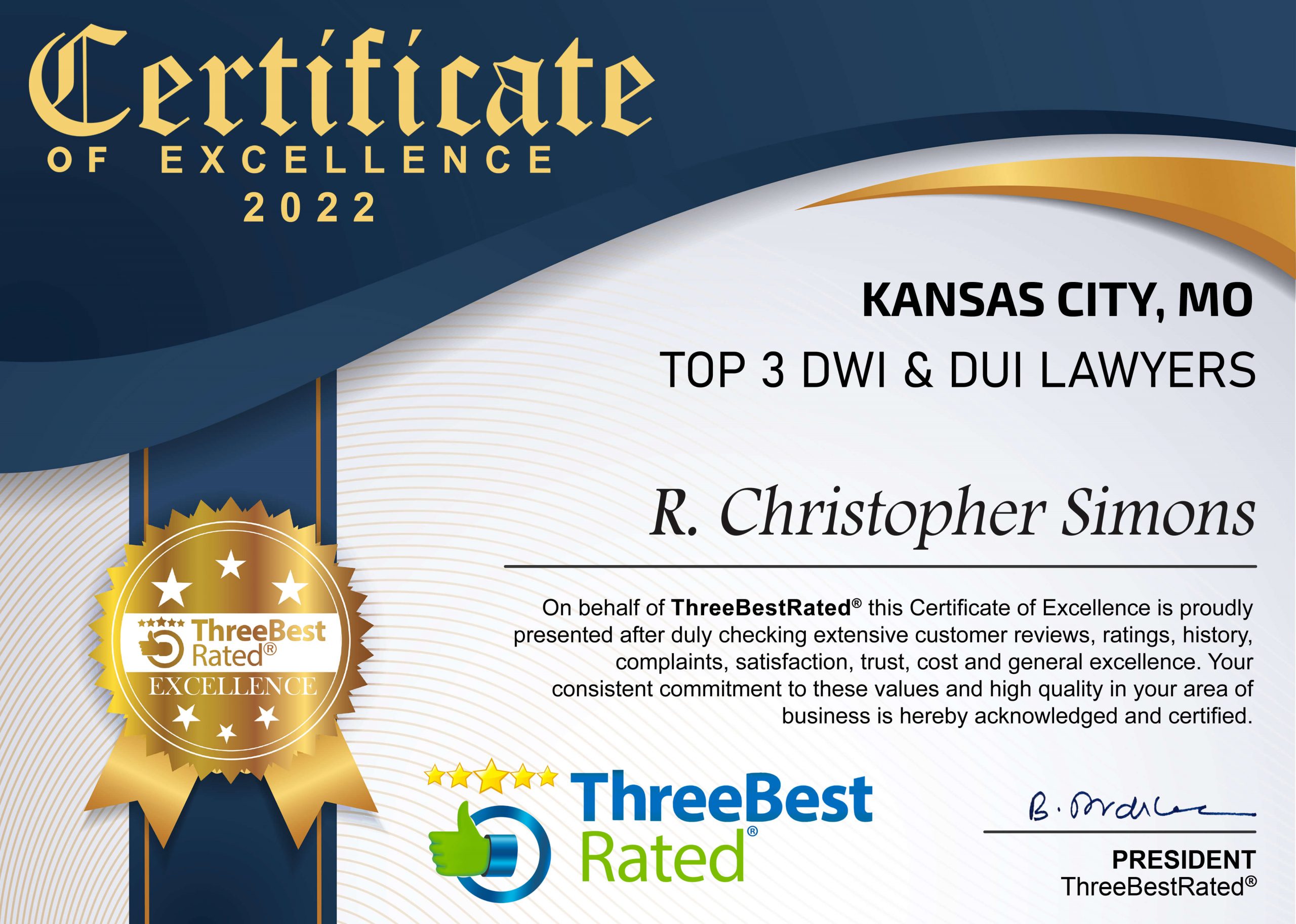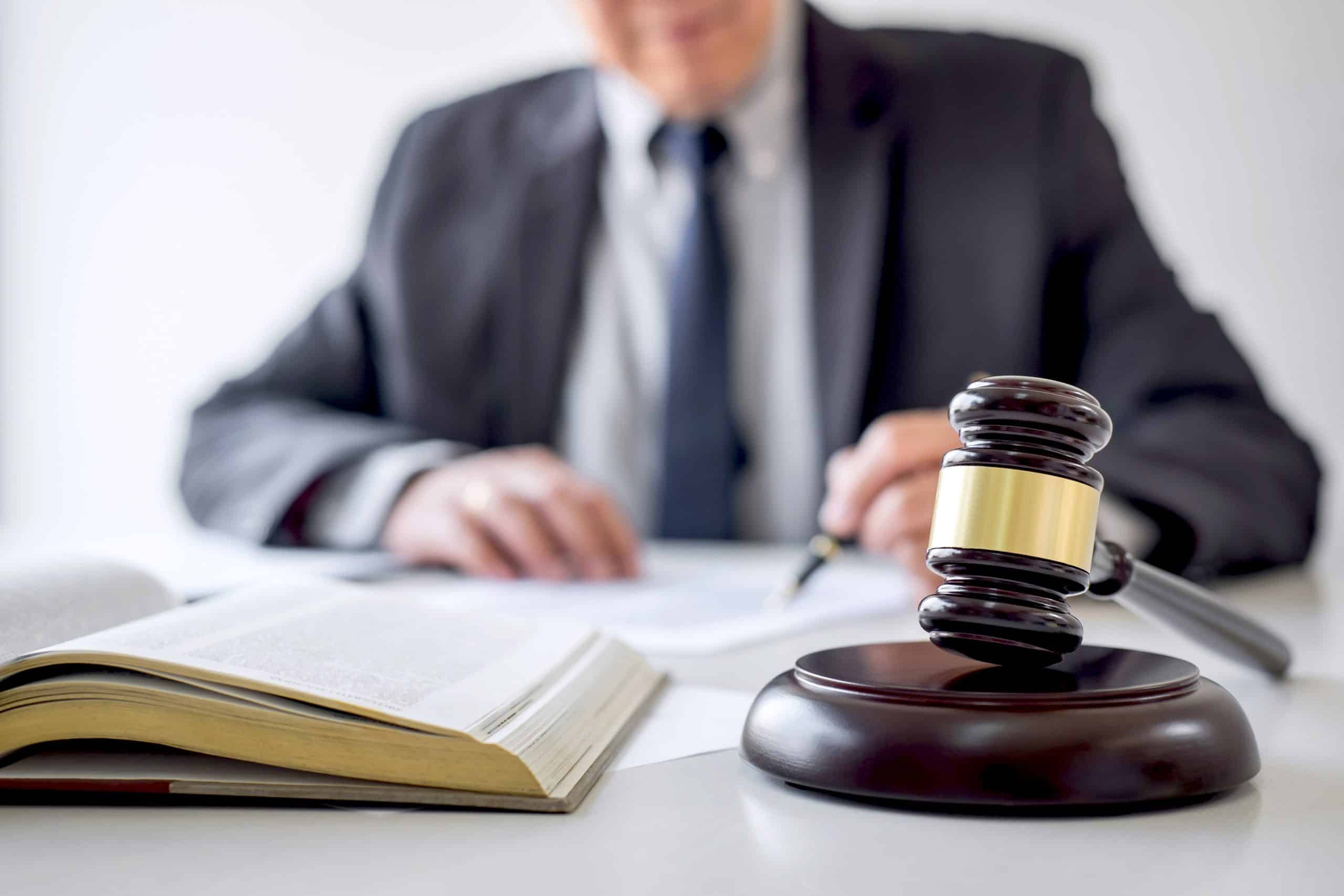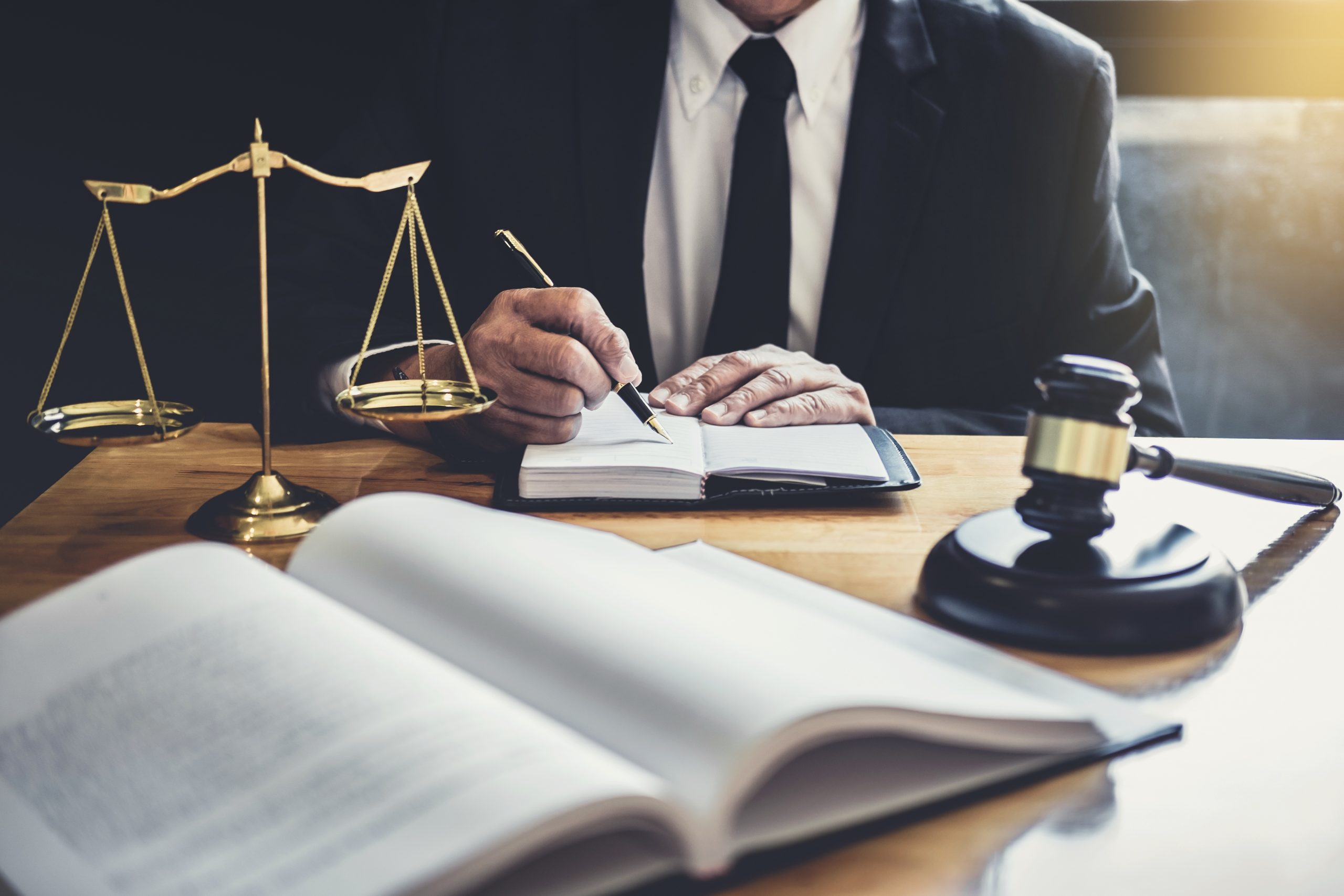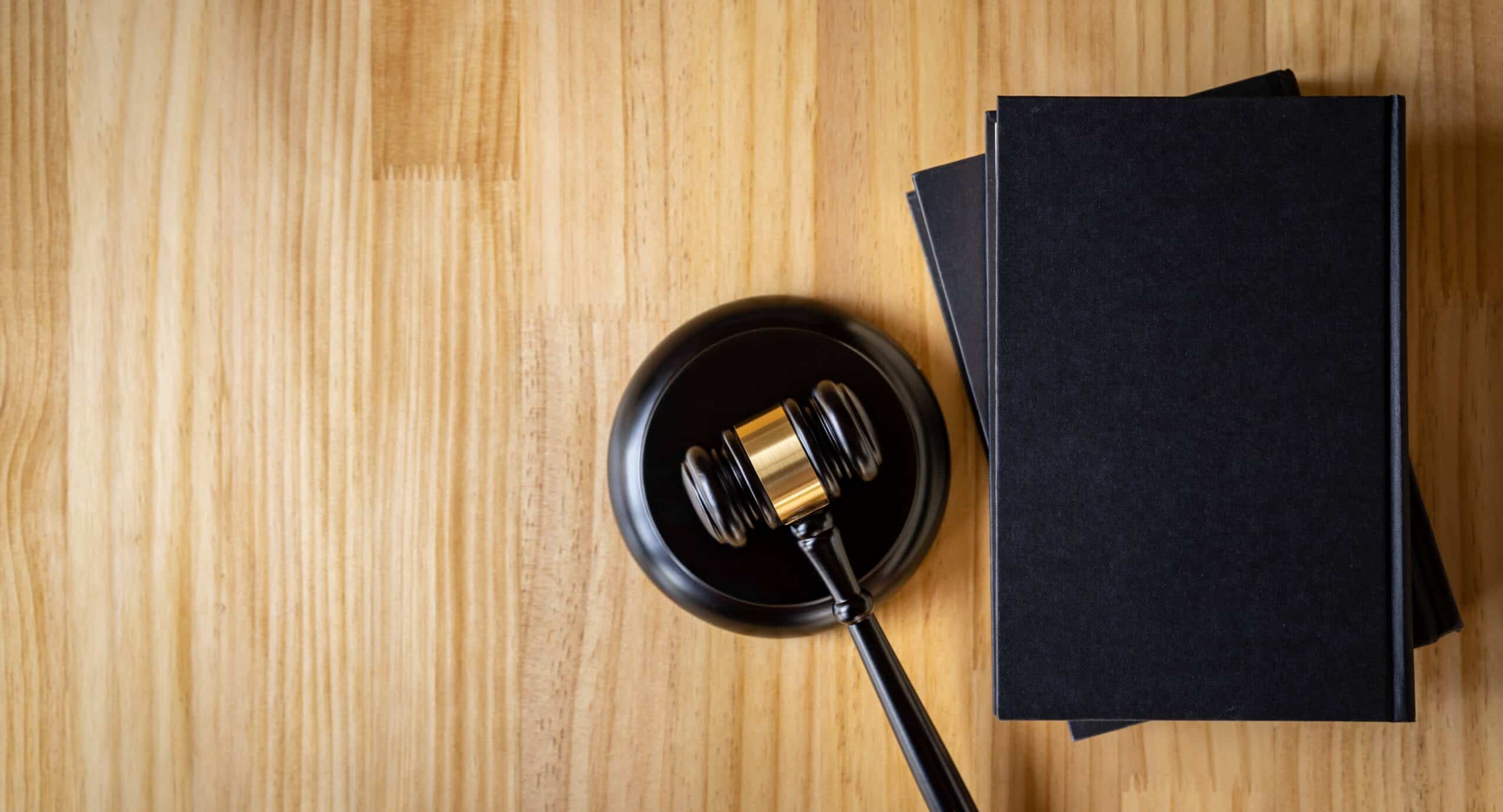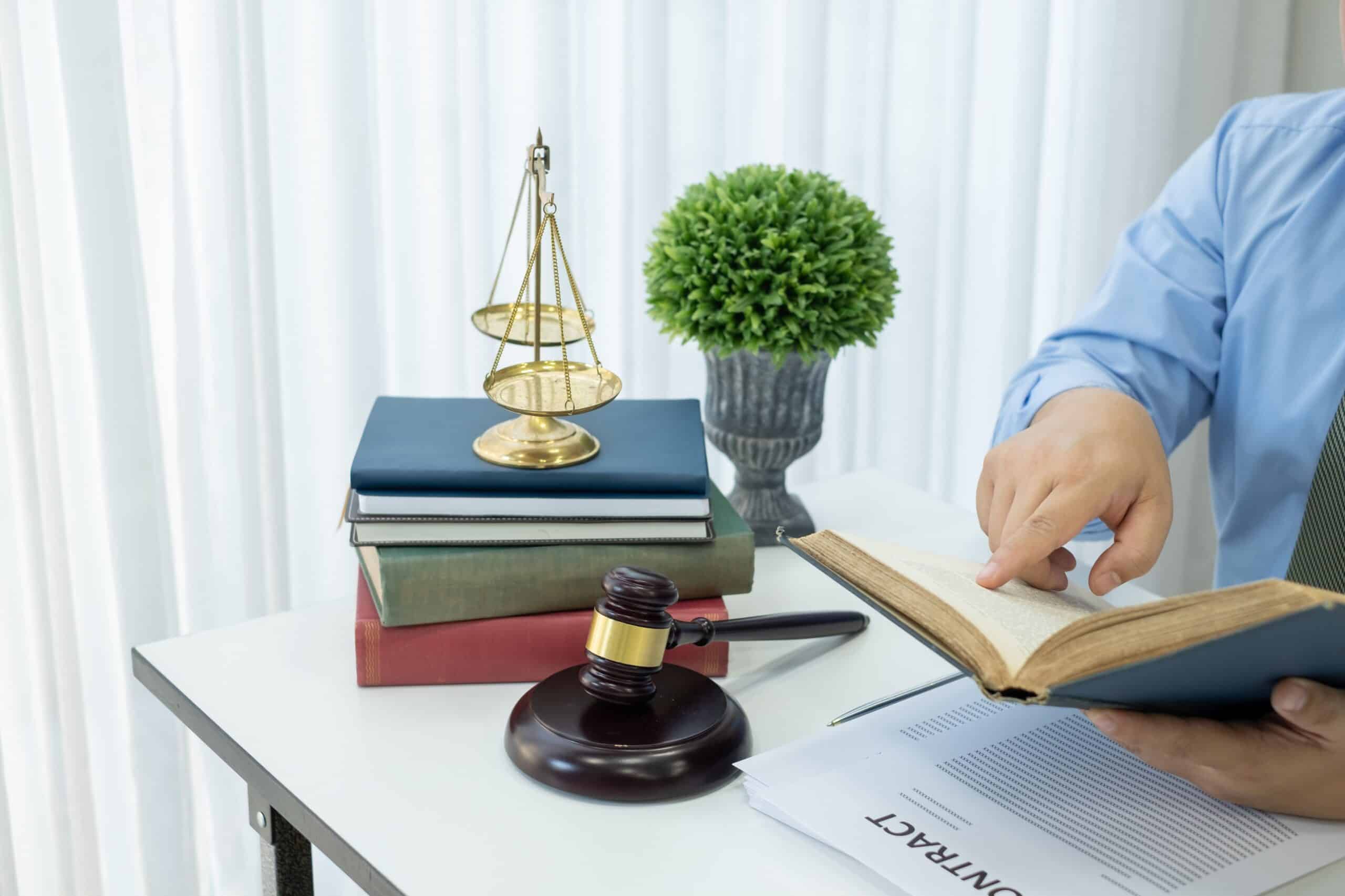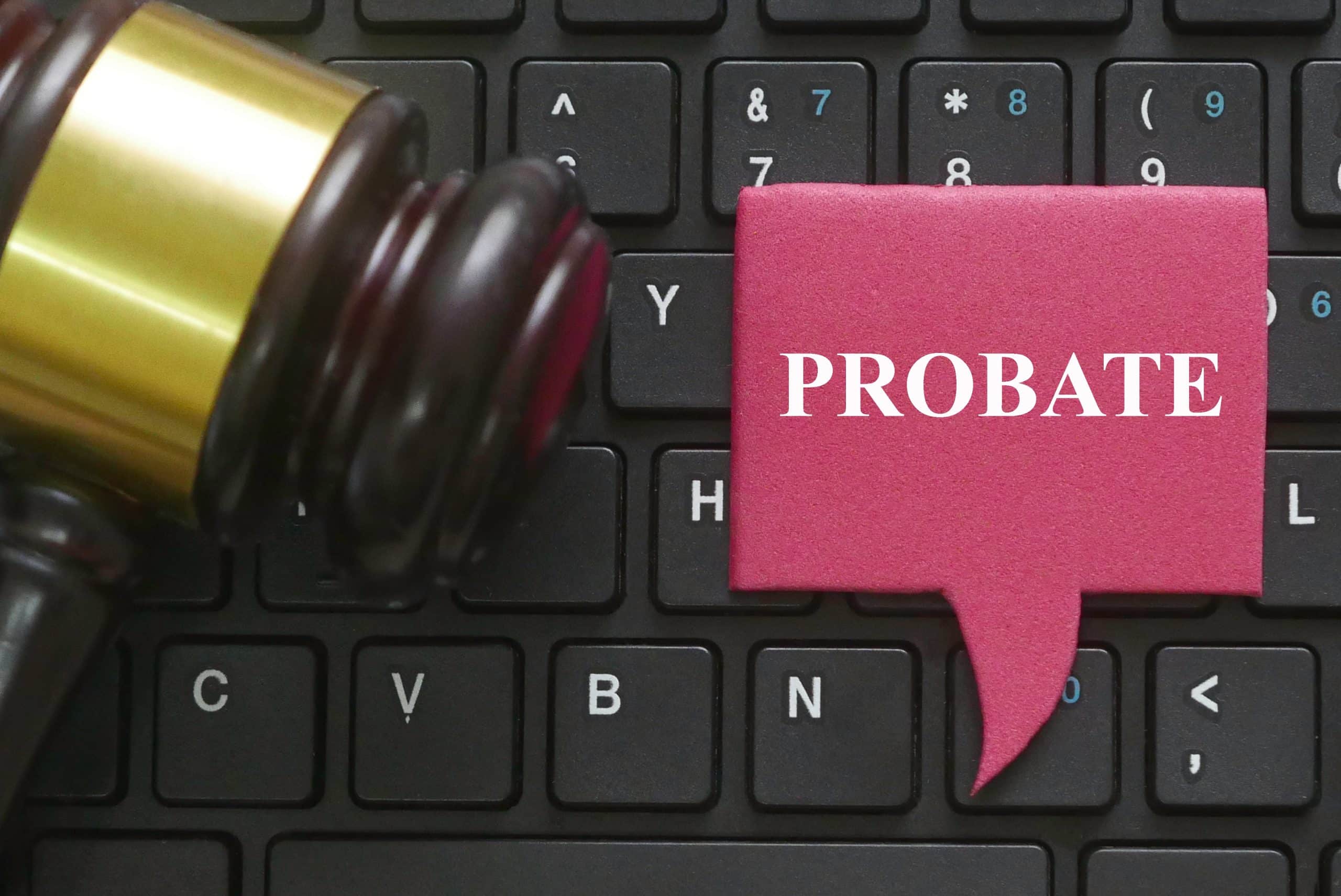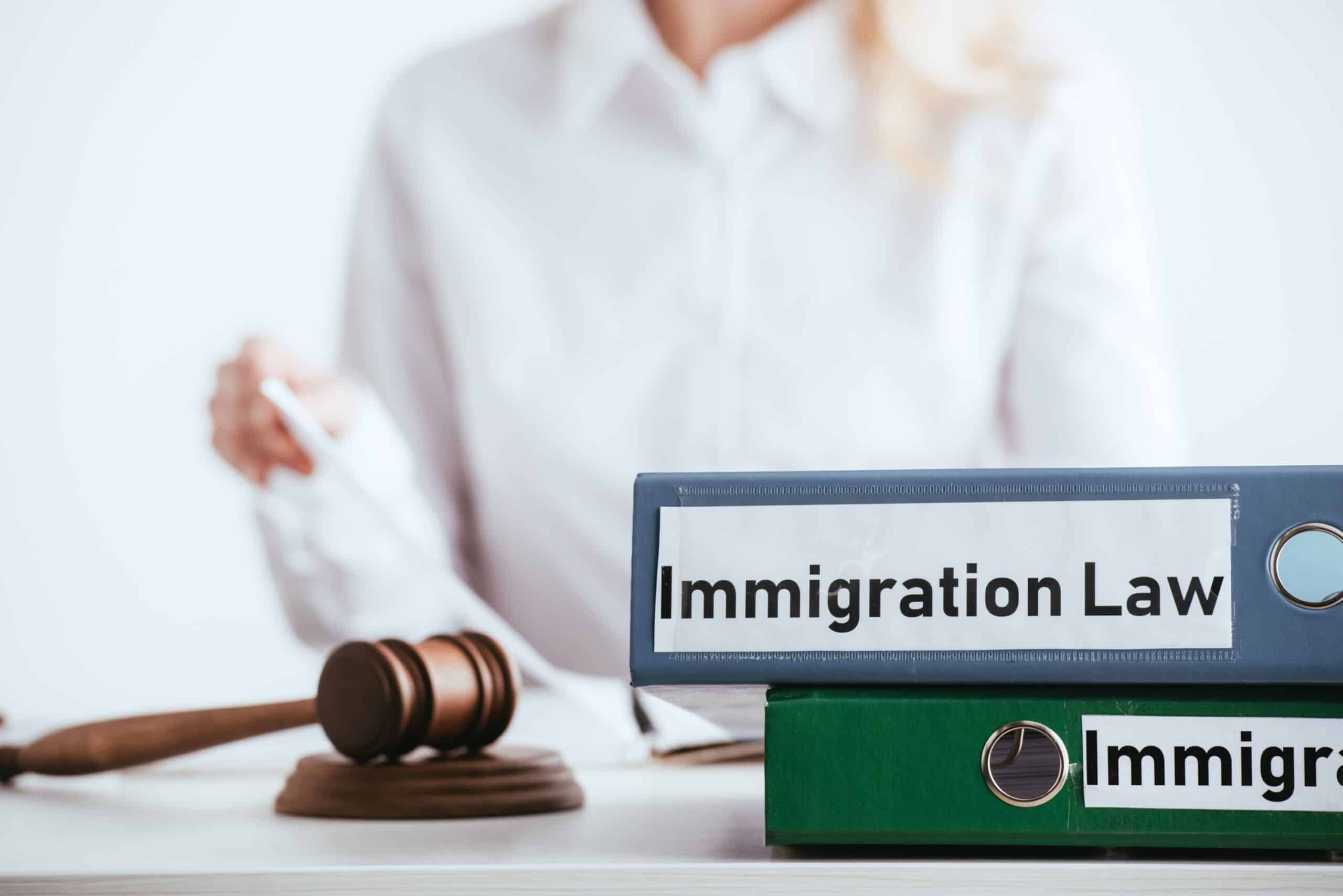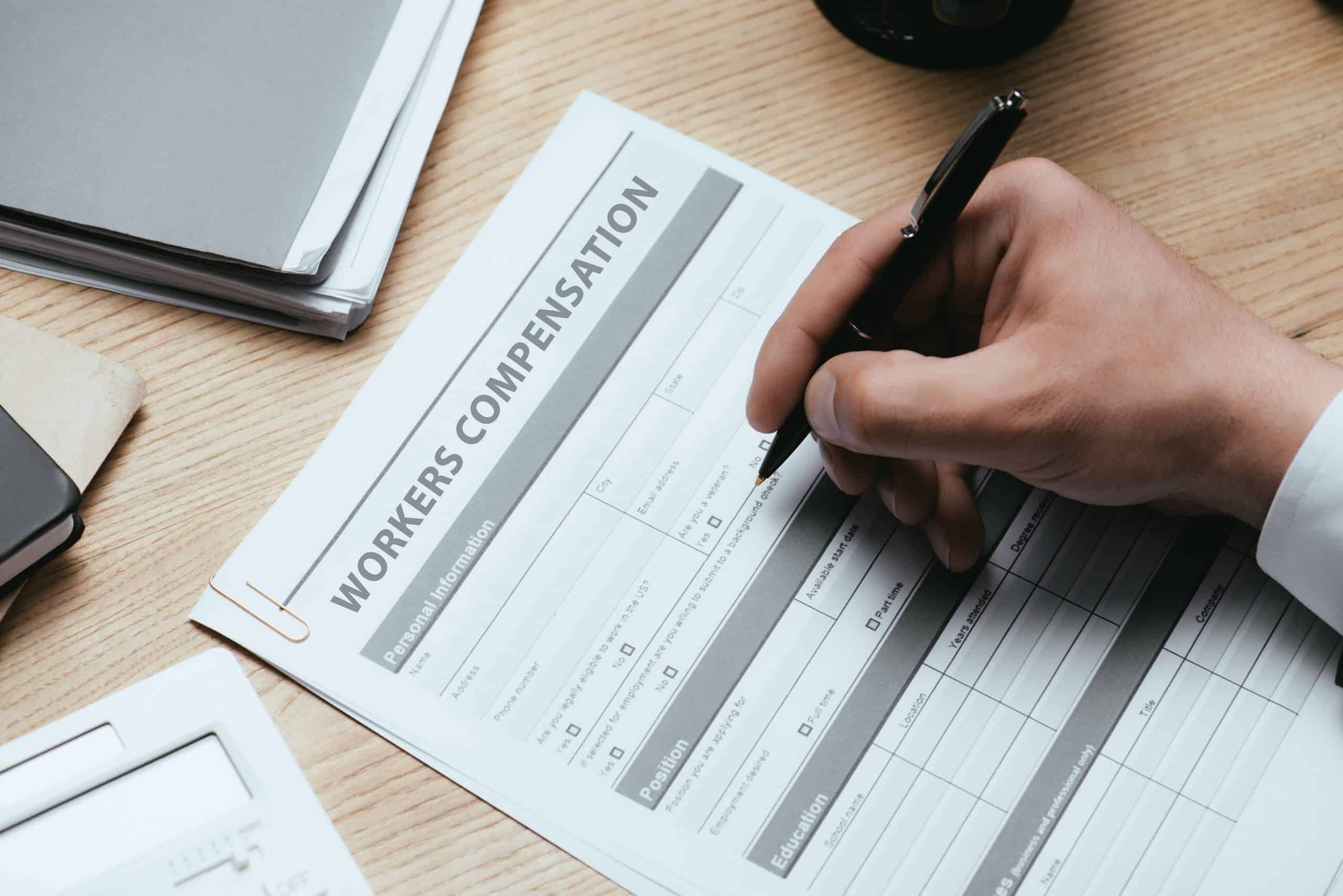How to Effectively Win A Case as Criminal Defense Lawyer – Guest Post

A criminal defense lawyer reviews the entire case and then selects the best criminal defense strategies. Given that not all criminal defense lawyers are the same, the most ideal one will consider all elements, then the case theory—a tactic that can effectively win a case.
The actions are taken, together with the legal arguments, to obtain the freedom and release the defendants from criminal charges. The lawyer has to prove these, along with all the flaws and doubts of a criminal element, beyond any reasonable doubt.
Do you want to learn about the different strategies being used to win a case from a criminal defense standpoint? Read on.
By Accident
A majority of offenses under the penal code include willful offenses, meaning the violator intentionally commits the crime. If your criminal lawyer can present that the committed act is just an accident and not intended, then there may be a considerable defense against the accused. This even works for a first-degree murder charge.
Most of the time, this tactic works; however, the entire case greatly depends on your criminal lawyer and how they will present the case.
Incorrect Identity Accusation
The main source of incorrect accusations is incorrect witness identification. This happens when your description is the same as a criminal culprit. Or perhaps, when the witness thinks that someone has committed the crime because of certain circumstances. Another probability is when the witness is trying to cover the crime they have committed.
Immediate Danger or Coercion
There is a certain situation when someone commits a crime out of self-protection due to immediate risk of harm and that is their only option. As they made such a decision under coercion or duress, the actions will not be deemed a crime. Your lawyer will present the case in a way it will showcase that the imminent danger is on you, and in order to protect yourself from the threat, you have committed such a crime.
Beyond Any Doubt
The burden of proof should be higher if the consequences are more serious. The criminal conviction includes losing your liberty in prison, so all the highest standards are applicable. In this case, the judge or the jury must have a moral assurance that the defendant is indeed guilty beyond unreasonable doubt.
In addition, all evidence has no explanation or any rational conclusion apart from the defendant having committed the crime.
An Alibi as a Form of Defense
An individual cannot be present at two dissimilar places at the exact same time. Therefore, if your lawyer can show proof that you are present somewhere else when the crime happens, then you can be considered not guilty. In the criminal defense lawsuit, this is the most common criminal defense tactic.
Entrapment Practice
If you’re a law-abiding citizen and you commit any offense because of intimidation or coercion, then entrapment normally occurs. This usually happens with various police operations which mostly involve undercovers. A good lawyer sets the entrapment for child pornography, prostitution and drug crimes as a defense in court.
Law Enforcement Official Misconduct
Some law enforcement officials are, unfortunately, guilty of misconduct during the investigations. In case the police official commits a mistake, they will usually cover them up during the preliminary investigation. Or they can be so persuasive that a suspect is guilty that they ended up misconducting to come up with a stronger case. However, if your criminal lawyer is clever enough to identify such misbehavior and counter this, your case can then be dismissed.
False Admissions
Under different mental strategies, law enforcement officials are known for forcing false confessions from innocent suspects. If worse comes to worst, they even try starvation, sleep deprivation and other forms of physical threats. Juveniles, specifically, are highly vulnerable when it comes to coercion.
If your criminal defense lawyer can showcase the evidence of coercion, then the case can be developed because the admission can be discarded, along with the evidence exclusion.
Necessity
The legal defense of ‘necessity’ is possible when any type of criminal conduct is only done to avoid more serious danger. You may be dismissed from such a charge in case you or any other person believes they are in harm. Committing the criminal act is the only reasonable alternative. Nevertheless, the necessity of committing the crime has to be proven in court, and the only person who can prove this is your criminal defense lawyer.
Involuntary Intoxication
Most criminal laws need ‘specific intent’ in order to commit crimes. If you were involuntarily inebriated, that is a complete defense to almost all crimes, generally. For example, someone slips a drug into your drink causing you to become intoxicated, or if a physician prescribes you a certain drug without disclosing any side effects.
Your defense lawyer can claim involuntary intoxication, only, if you did not voluntarily take any drugs or alcohol.
Takeaway
A good criminal defense lawyer will try all possible means to prove that you are innocent. These are just some of the strategies they can use to convince a judge or jury and cause them to declare minor fines or imprisonment, or even complete dismissal of charges.

